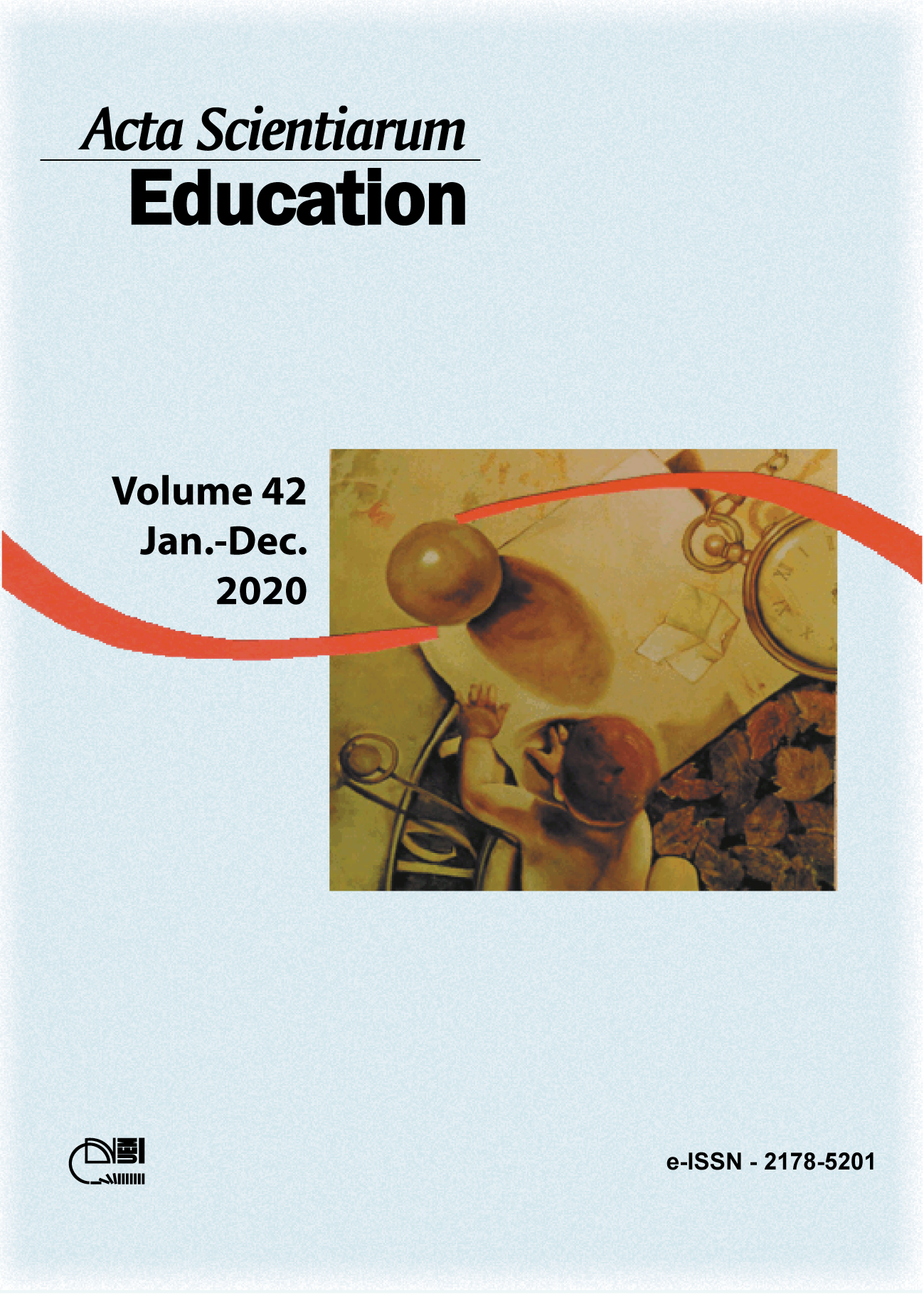Memes about science and the reconfiguration of the language of scientific divulgation in cyberculture
Chamada temática: Redes Educativas e os desafios atuais da Cibercultura
Abstract
Memes in contemporaneity have been playing an important role as one more digital device that acquires new applicabilities and is redimensioned in Digital Culture. When it comes to scientific dissemination, they establish a production of distinct scenarios and new ways of manifesting this web production. The article intends to analyze the production and the reproduction of memes about science. This is possible through the construction of a kind of language that articulates different morphological, syntactic and semantic web elements, such as intertextuality, humor and aesthetic representation. To achieve it, a qualitative research with an explorative approach was conducted in Facebook pages, searching for, among other elements, how a form of scientific communication is created, in a parallel way, through the production of memes, relocating and proposing a new place for the circulation of information, ideas and scientific facts. It is observed that the meme means, through the optics of this work, the production of scientific dissemination that does not necessarily come from an ‘institutionalized place’, but that manifests in the midst of a myriad of new forms of popularizing scientific knowledge. Therefore, it is funded by the idea of a different way of disseminating science, having as outlook the use of digital technologies and the ability of authorship of web users in digital culture.
Downloads
References
Artes da Depressão. (2019). Recuperado de https://www. Facebook.com/artesdadepressão
Bakhtin, M. (2006). Estética da criação verbal (P. Bezerra, Trad.). São Paulo, SP. Martins e Fontes.
Bakhtin, M. (2010). Problemas da poética de Dostoievski (P. Bezerra, Trad.). Rio de Janeiro, RJ: Forense-Universitária.
Chagas, V. (2020). A cultura dos memes: aspectos sociológicos e dimensões políticas de um fenômeno do mundo digital. Salvador, BA: Edufba.
Fiorin, J. L. (2018). Introdução ao pensamento de Bakhtin. São Paulo, SP: Ática.
Foucault, M. (1997). A sociedade punitiva. In M. Foucault. Resumo dos cursos do Collège de France (I. C. Benedetti, Trad.). Rio de Janeiro, RJ: Jorge Zahar.
Freire, P. (1987). Pedagogia do oprimido (17a ed.). Rio de Janeiro, RJ: Paz e Terra.
Minhacaraquando. (2019). Recuperado de https://www.Facebook.com/minhacaraquando
Nãopodemosescreverisso. (2019). Recuperado de encurtador.com.br/efxD1
Oliveira, K. E. J. (2020). A ciência dos memes e os memes da ciência: educação e divulgação científica na Cultura digital (Tese de Doutorado em Educação). Universidade Tiradentes, Aracaju.
Orlandi, E. (2008). O inteligível, o interpretável e o compreensível. In E. Orlandi. Discurso e leitura (8a ed.). São Paulo, SP: Cortez.
Orlandi, E. (2010). O que é linguística (Coleção Primeiros Passos, 2a ed.). São Paulo, SP: Brasiliense.
Shifman, L. (2014). Memes in Digital Culture. MIT Press.

This work is licensed under a Creative Commons Attribution 4.0 International License.
DECLARATION OF ORIGINALITY AND COPYRIGHTS
I declare that this article is original and has not been submitted for publication in any other national or international journal, either in part or in its entirety.
The copyright belongs exclusively to the authors. The licensing rights used by the journal are the Creative Commons Attribution 4.0 (CC BY 4.0) license: sharing (copying and distributing the material in any medium or format) and adaptation (remixing, transforming, and building upon the material thus licensed for any purpose, including commercial purposes) are permitted.
It is recommended that you read this link for more information on the subject: providing credits and references correctly, among other crucial details for the proper use of the licensed material.














































